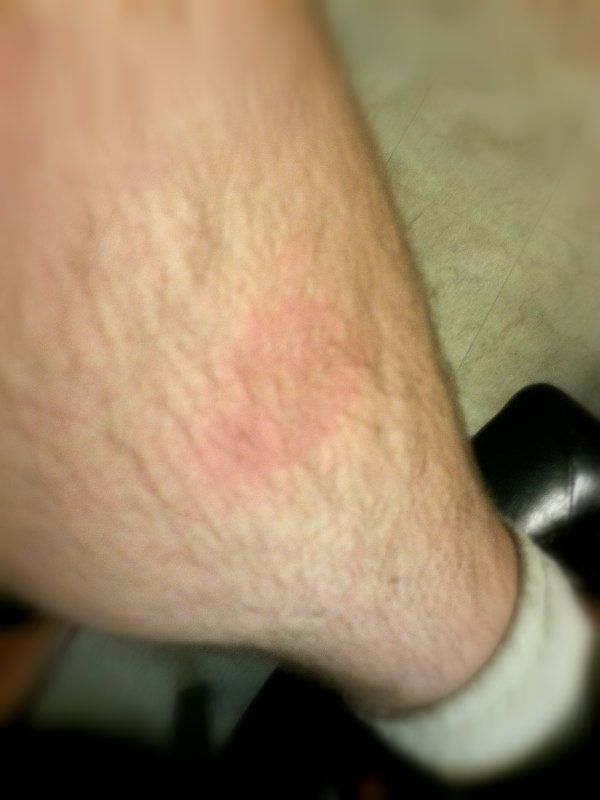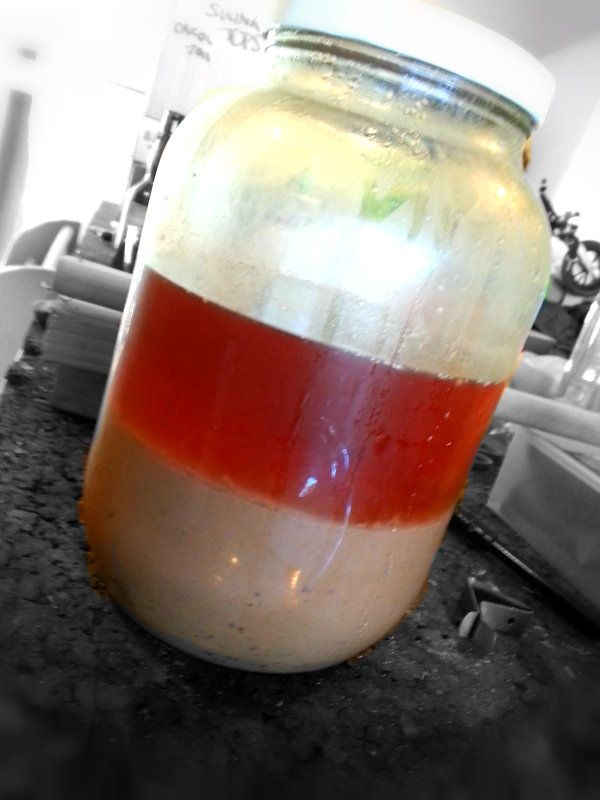As I sip on my “Lambic” from last year, which I am very
pleased with, I am very anxious to brew another one. This time I will use the same yeast culture
from the last one as I saved the entire cake from the last brew in a gallon jar
in the fridge. This year I am going to
go with a grist that is much more traditional, 65% Pils, 35% Raw Wheat, mashed
@ 158*F. Last year I had some character
malts like Vienna
and CaraVienne which are not traditional and I’m not sure they added any needed
complexity other than color. I also had
a flavor hop addition which is pointless in a beer aged for a year, coriander
was the same. I added some cake flour
last time for a little more dextrins to chew on since my mash temp was fairly
low.
I could always do a turbid mash, but why? I could also do a cereal mash, but why? These things are traditional, but do they add
anything to the final product that won’t be there (or at least drastically
noticed) in the final product? My first
Lambic is quite nice and it was mashed at 152*F, and hit 1.006 in 3 weeks. The 158*F mash should leave a larger amount
of dextrins in the wort for the bacteria and Brett to munch on, and the large
pitch of yeast cake should ensure a healthy amount of bugs and Brett as well as
autolized yeast for them to eat as well.
That combined with an overnight open cooling in the garage where all my
wild stuff is going (which I already fermented a ½ gallon of left over Brown
Ale spontaneously in there), and some more dregs from commercial and homebrewed
sours should ensure a good, big, powerful, and characterful fermentation from
the onset, avoiding some of the enteric bacteria that are not desired. Add in a 3 hour boil, and aged hops, we are
looking at a great start to a second Lambic for next year.
5.5 gallons
1.050 OG
1.001 Est Fg
6.6% Est ABV
8 IBUs
3 SRM
__________________________________
Fermentables:
7.5# Weyermann Pils
4.0# Flaked Wheat
0.50# Rice Hulls
10 Minutes @ 148*F
10 Minutes @ 152*F
45 Minutes @ 157*F
78% Extract Efficiency
72% Brewhouse Efficiency
__________________________________
180 Minute Boil:
180 mins - 3.4 oz Aged Hops ~ 1.5AA%
__________________________________
Fermentation:
Cooled overnight opened to air in garage
6 gallon glass carboy
Healthy pitch of cake from Carol 1 (cultured from
blackberries plus dregs)
Dregs of 3 Fonteins Oude Gueuze
12 months at ambient in garage
__________________________________
Additional:
Gypsum 1/2 t (mash), 5/8 t (boil)
Calcium Chloride 1/2 t (mash), 1/2 t (boil)
1 French Oak Cube in primary
Brew day started off difficult. I overshot my strike temp and hit a mash temp
of 165*F. After adding cold water I
ended up at 148*F. Added boiling water
to get up to 152*F, then added more boiling water to get it up to 157*F, and
rested for 45 minutes. Wasn’t planning
on doing a step mash, but oh well. After
collecting 10 gallons of wort I drained the last of the runnings into a separate
kettle and boiled it down to about 800ml of 1.080 wort. I added this to the beer and drew off 1200ml
of 1.040 wort from the boil and cooled it to make a starter to my dregs while
the wort cooled over night. I added the
dregs from a Hannsens Oude Gueuze to the starter only for a fruit fly to get
into it and render it useless. After a 3
hour boil, I had to move the keggle into the garage for the overnight chilling,
and of course, while carrying the 15.5 gallon beast of a brewpot with a
scorching hot bottom, I hit my leg with it and burned it quite nicely, luckily
I only did it once and got the wort to the garage without spilling any or
hurting myself anymore. I covered it in
a large sheer curtain sack that I synched down on the sides, hoping that the
Fruit Flies don’t get into there like the starter. After about 28 hours at ambient temp I racked
5.25 gallons of the wort into the 6 gallon carboy with the yeast cake, oak, and
dregs.




As an update, there are still no signs of fermentation as of Friday morning. Smelled it Thursday evening and it smells lactic and slightly funky. This may be from the yeast cake of the last Lambic or from this one, no way to tell right now. Am considering adding a starter of yeast/bacteria I have that was made from local strawberries if I don't see anything happen soon.
ReplyDeleteAs of Friday afternoon there was a nice soapy white foam on top about 1/4" thick. Added half of the strawberry starter on Sunday evening for good measure. The beer in the carboy smells somewhat off putting, but seeing as it is a young Lambic in the first week of fermentation, this isn't abnormal. In about a month or so I will give it a taste to see where it is.
ReplyDeleteUPDATE: http://endofsilencebrewing.blogspot.com/2012/10/update-carol-20.html
ReplyDeleteAnd another update: http://endofsilencebrewing.blogspot.com/2012/12/update-carol-2012-lambic.html
ReplyDelete